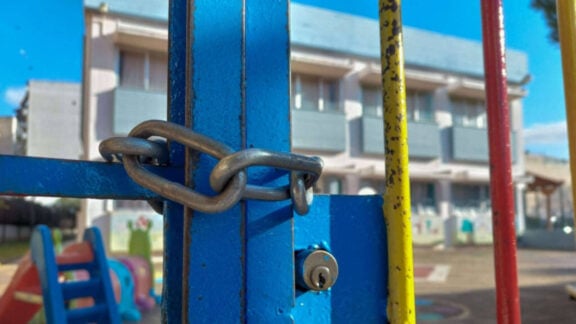A team of archaeologists have made a great find during an excavation at the site of Notion, an ancient Greek city in western Turkey, discovering a pot with Persian gold coins believed to be dated back to the fifth century BCE.
The team of researchers from the University of Michigan found the pot with coins inside a room beneath a home, with the coins depicting a figure of a kneeling archer.
Archaeologist Christopher Ratté, director of the Notion Archaeological Project, said in the official release by the University of Michigan that it is the characteristic design of the Persian daric, a type of gold coin issued by the Persian Empire and probably minted at Sardis, 60 miles (97 kms) northeast of Notion.
“The discovery of such a valuable find in a controlled archaeological excavation is very rare,” Ratté said in the statement.
“No one ever buries a hoard of coins, especially precious metal coins, without intending to retrieve it. So only the gravest misfortune can explain the preservation of such a treasure.”
The researchers stated that darics were minted from the late sixth century BCE until the conquest of the Persian empire by Alexander the Great in 330 BCE, with only minor stylistic differences.
They believe that they will be able to get a good indication of date from this hoard by using the other artifacts associated with it.
“This hoard will provide a firm date that can serve as an anchor to help fix the chronology of the (entire sequence of coins),” Ratté said.
Andrew Meadows of Oxford University, formerly curator of coins at the British Museum and the American Numismatic Society, said that if the hoard can indeed be used to fine-tune the chronology of the Achaemenid gold coinage, it would make it a “spectacular find … of the highest importance.”
Researchers believe that one of the primary uses of the daric was to pay mercenary troops, with Ratté saying that “according to the Greek historian Xenophon, a single daric was equivalent to a soldier’s pay for one month.”
Excavations in Notion began in 2022 with the archaeologists of this project discovering the coins in July 2023.
The official statement revealed that the Turkish Ministry of Culture and Tourism has now given permission for the discovery of the coins, which remain in Turkey, to become public.
The site has been a hotbed for artifact finds, including pottery fragments, also from the fifth century BCE, hidden in earlier walls incorporated into the foundations of a house dating back to the Hellenistic period, according to the statement.







